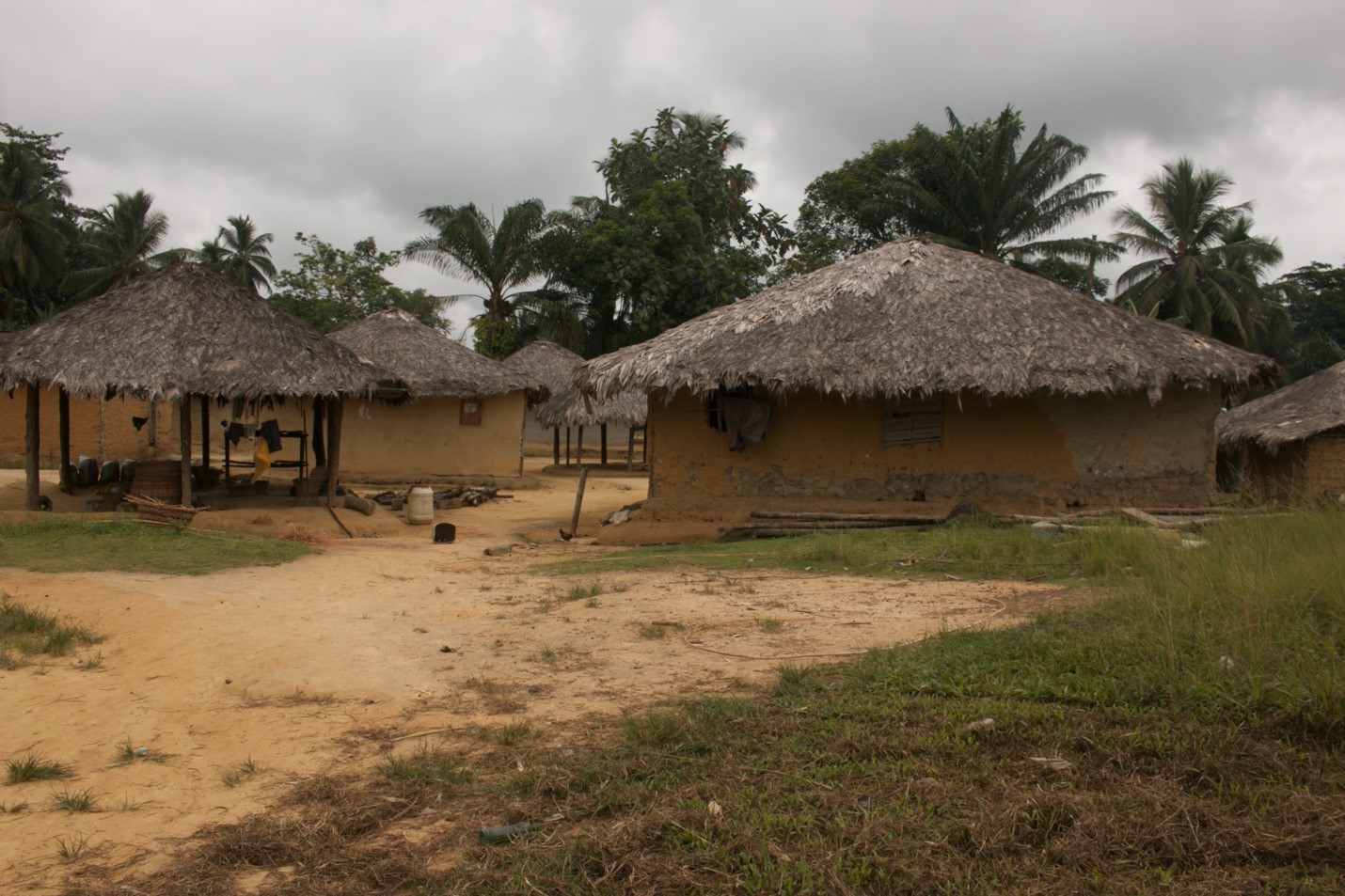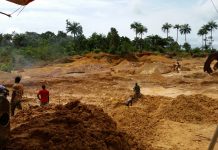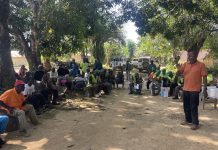Banner Image: Cee Town in Gbarsaw, River Cess County. The DayLight/William Q. Harmon
BY Ojuku S. Kangar, Jr.
MONROVIA – Land rights campaigners have disagreed with the Liberian government on fees for surveying community lands across the country.
Under the Land Rights Act of 2018, the government of Liberia is obligated to survey community land, a part of the last legal stage for a customary land deed. However, the Liberia Land Authority (LLA) is proposing landowning communities pay an “appropriate reasonable facilitation fees” in a set of new prices for land-related transactions.
But the Civil Society Working Group on Land Reform in Liberia, a conglomerate of 32 nongovernmental organizations, sharply differs with the proposal. The group, which took three days last week to valid the preposition, said they prefer the government apportions a fixed cost to prevent conflict in the future.
“Where necessary, make fees charged to communities reasonable and affordable,” the groups said in a statement, criticizing the proposal of lacking clarity. “Specify all required fees or costs for customary land administration services.Do not impose any form of extra ‘facilitation’ fees or costs on communities.”
However, the group called on the government to see whether it could drop all fees charged on customary land services, as it was in the best interest of the country.
Under the Land Rights Act, the government is entitled to 10 percent of all customary lands across the cross the country. The law also mandates government to conduct a confirmatory survey, the final step in the legal process for communities to acquire their deeds. The group urged the government to consider that as the communities’ charge and focus on the taxes they could pay as communal landowners.
“For example, the government could get up to a maximum of 50 acres from the survey of 500 acres of customary land; 100,000 acres from survey of 1,000,000 acres, 500,000 acres from 5,000,000 acres,” they said. “This should be an incentive for the government to underwrite the cost of such a process.
“With Customary Land deed in the hands of communities, they can freely engage in commercial activities on the land and enable the government generate increased revenues through lawful taxation.”
The group cautioned the Land Authority that apportioning of fees could undermine the intent of the law to give rural communities the rights to benefit from their ancestral land.
“There are inherent risks of compliance with the proposed fees because of the prevalence in our country of the barter system practice of giving up lands for services rendered in connection to land administration services, particularly in the survey field,” they said. “The nature or extent of poverty in the country is a concern for compliance with the levies, especially in rural communities.”
They called on the government to assess the affordability and willingness of customary communities to pay the fees before it sets them. They recommended that the government considers its obligations under local and international laws and best practices on the matter.
This story was updated on June 24, 2021.





Facebook Comments